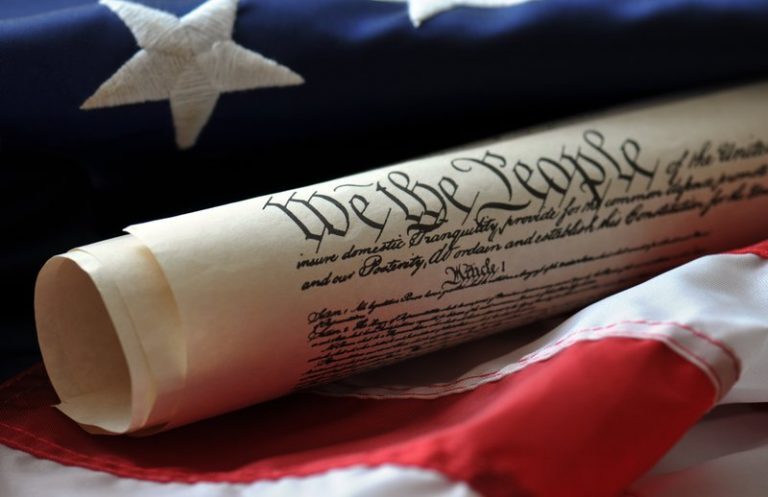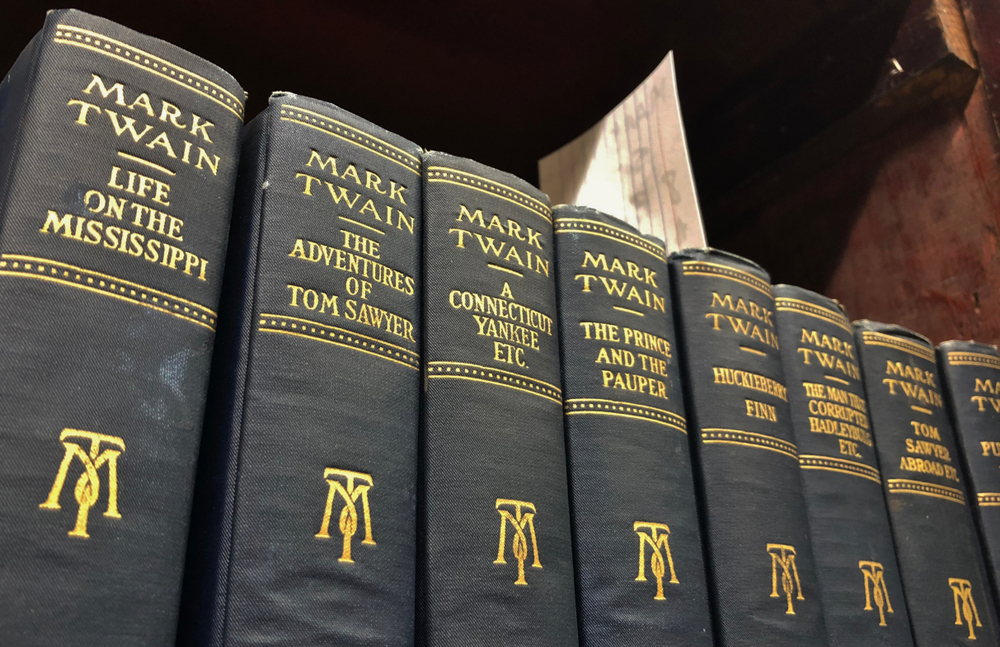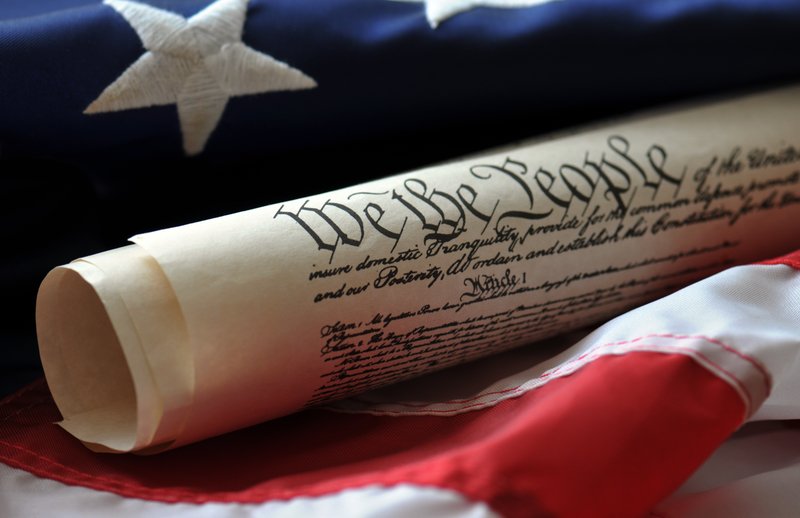
Complete the general education courses for your degree with Gateway Education. Take as many college courses as you would like for only $95 per month and choose your courses below for only $55 per course. All Gateway Education courses are 100% online and ACE recommended
Available Courses
American Government
 Read more
Read more
College Credits: 3
This course covers American Government, both past and present. Many Americans, when asked, “Why study and understand our government?” respond that it is uninteresting. Yet our political system is a stimulating subject. People fight and die for political principles. Our government addresses the most foundational aspects in your life – your personal safety, the purity of your food, your education, and your ability to voice your opinion. Understanding our government without relating its concepts to our contemporary world does make government challenging to comprehend. We take democracy for granted, yet it has taken generations for it to mature. While most of us realize that government is compulsory, people have asked elementary questions about the institution of government for centuries. What is the correct function of government? Why or where did diverse forms of government originate? What is the paramount form of a nation’s government to serve its citizens? Why are some governments legitimate and others illegitimate? Perhaps the next time you are in line waiting to vote, take time for contemplation. Why am I voting? Not all peoples have had, or have, the right to vote. Is government really essential? How does government influence my life?
American Literature
 Read more
Read more
College Credits: 3
The American Literature Course surveys prose and poetry written in the United States from colonial times to the present. It emphasizes fiction and poetry and is primarily a presentation of knowledge about literary works—their content, their backgrounds, and their authors—but it also is concerned about and requires familiarity with the concepts and terminology used by literary critics and literary historians.
One should survey American literature and its basic literary periods to gain a sense of the historical development of American literature, while making personal observations and analysis. Traditional American writings will be selected from a diverse group of authors and will be presented and analyzed to gain an understanding of how American authors influenced the heritage of the United States.
College Algebra
 Read more
Read more
College Credits: 3
College Algebra is a college-level algebra course for non-mathematics majors. In this course, students will become familiar with currently taught algebraic vocabulary, symbols, and notation and will learn to solve both routine problems requiring basic algebraic skills and non-routine problems that demonstrate their understanding of concepts. The subject matter of this course includes number systems and operations, algebraic operations, equations and inequalities, and functions and their properties.
Developmental Psychology
 Read more
Read more
College Credits: 3
Students will learn the concepts, principles, theories and applications associated with the study of the life span, conception through death. Emphasis areas include genetics, prenatal development, childbirth, infancy, toddlerhood, early and middle childhood, adolescence, and early, middle and late adulthood, as well as death and dying. Overarching ideas throughout different time periods of the life span will be studied, and knowledge of how development during one period may affect later periods will be learned.
English Composition 1
 Read more
Read more
College Credits: 3
A one semester equivalent course in freshman level English Composition 1 that introduces the principles of writing with emphasis on writing process, thesis, content, organization, purpose, and audience. It focuses on writing improvement through the practice of writing and reading, with weekly Language Instruction and practice. The final exam consists of three essay questions that measure:
- The students’ ability to compose an argument using written resources and experience to persuade a reader
- To analyze and respond to literary text.
- To analyze and critique a written essay.
English Composition 2
 Read more
Read more
College Credits: 3
The course objective is to provide knowledge that expands on the principles of writing from English Composition 1, while emphasizing Understanding, Analyzing, and writing about literature with the appropriate use of writing process, thesis, content, organization, purpose, and audience.
Fundamentals of Public Speaking
 Read more
Read more
College Credits: 3
This course provides a comprehensive and practical overview of core concepts in public speaking. Units emphasize ethical, social, and theoretical considerations of public speaking; audience analysis; research; presentation and language style; purpose of public speaking; speech structure and organization; speech delivery and reception. The course culminates in the final exam and a final speech delivered and written by the student.
History of United States 1: Early Colonization to 1877
 Read more
Read more
College Credits: 3
This course covers the period of United States history from early European colonization to the end of Reconstruction, with the majority of focus on the period of 1790 through 1877. In the part covering the seventieth and eighteenth centuries, emphasis is placed on British colonies. The following topics are included in this course: political institutions, political developments, behavior and public policy, social developments, economic developments, cultural and intellectual developments, and diplomacy and international relations.
Introduction to Humanities
 Read more
Read more
College Credits: 3
Humanities is the study of human culture. For this reason this course is very broad in scope and covers poetry, prose, art history, philosophy, music, theater, architecture, film, and dance. This course will provide the student with the broad frameworks, within which, enduring questions of existence, relationships, values, and aesthetics can be examined. The students must demonstrate their knowledge of facts (names, works); understand and interpret literary passages and art works; recognize medium, style, writer’s characteristics and other techniques. Students must show their understanding of humanities by interpreting works of art, recalling specific information, and applying concepts. Concepts from the disciplines studied in this course are going to be integrated with contemporary American culture.
Introduction to Psychology
 Read more
Read more
College Credits: 3
This psychology course will provide student knowledge on psychological theory, principles and terminology. This course, this course stresses basic facts, concepts and generally accepted principles. The course covers thirteen areas, in almost equal percentages, that include: history of psychology, biological basis of behavior, sensation and perception, states of consciousness, learning, cognition, motivation, emotion, personality, abnormal and developmental psychology, treatment and social psychology, as well as statistics, test and measurements.
Introduction to Sociology
 Read more
Read more
College Credits: 3
This course focuses on five major areas: institutions (family, educational, political, economic, communications); social stratification (mobility, power, race and ethnic relations, gender, and aging); social patterns (demography, geography, and community); social processes (groups, change, socialization, culture, and roles); and the history of sociology and sociological theory. Theoretical approaches surrounding significant topics in the field of sociology are provided; research methods in Sociology are introduced. Basic concepts are defined; examples of abstract ideas are offered.
Statistics
 Read more
Read more
College Credits: 3
This course provides a comprehensive overview of core concepts in Statistics. Emphasis is placed on the foundations of statistics; probability; correlation and regression; sampling distributions; and inferential statistics.
Western Civilization I: Ancient Near East Through 1648
 Read more
Read more
College Credits: 3
This course provides a comprehensive overview of core concepts in Western Civilization through 1648. Emphasis is placed on Ancient Near East, Ancient Greece and Hellenistic Civilization; Ancient Rome; Medieval History; Renaissance and Reformation; Early Modern Europe. Students will be given a basic understanding of world events from 8000 B.C.E. to 1648, and students will be able to analyze political, religious, and cultural developments in early western civilization.